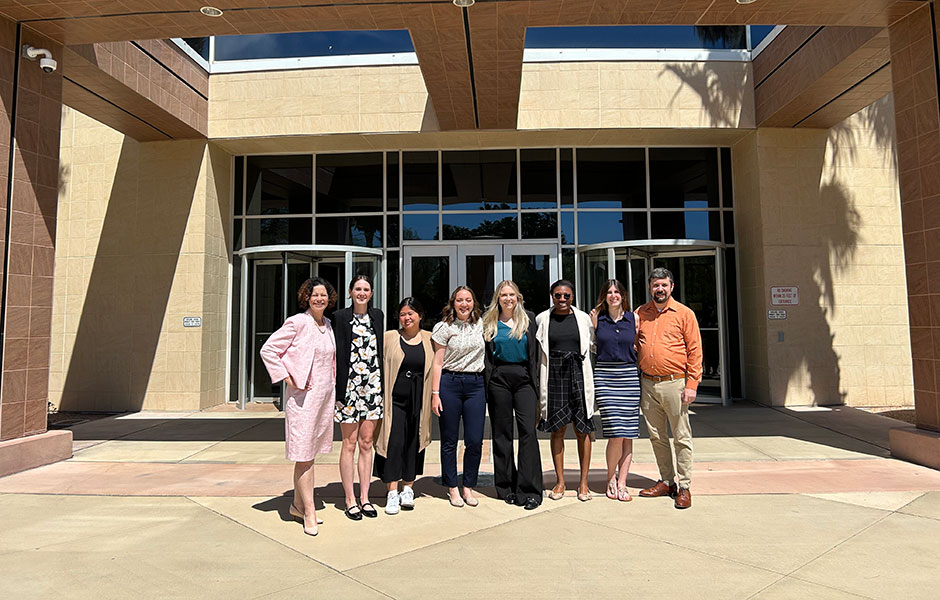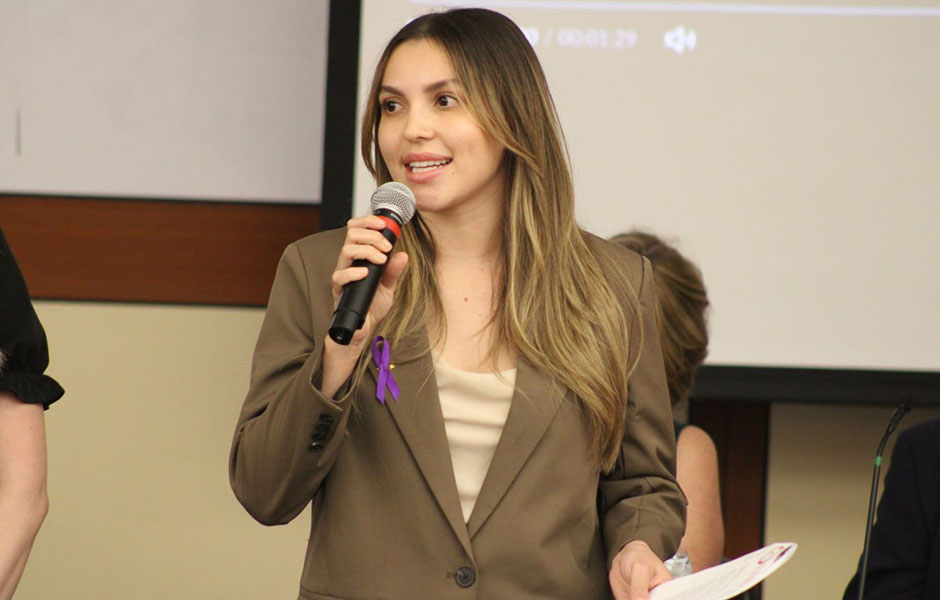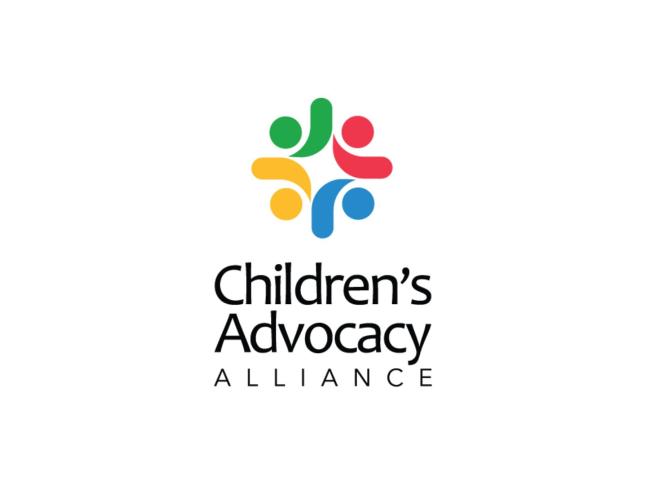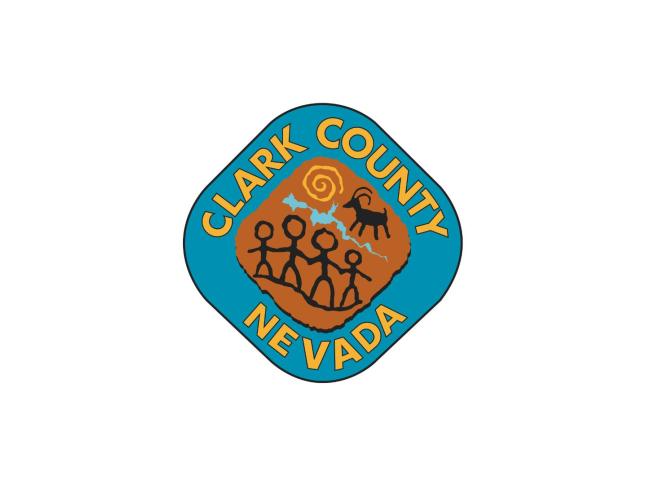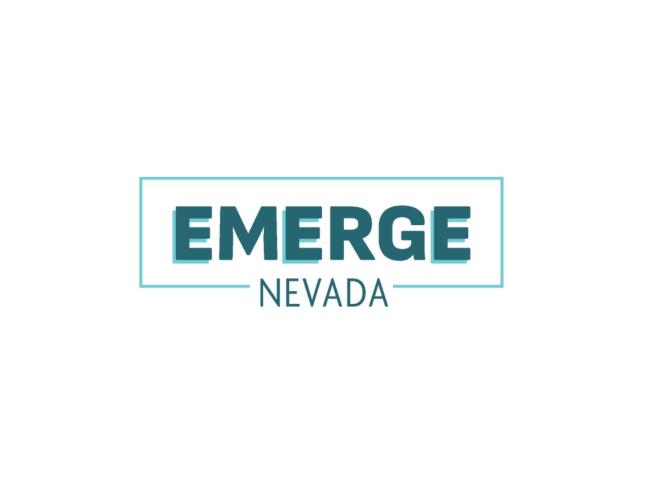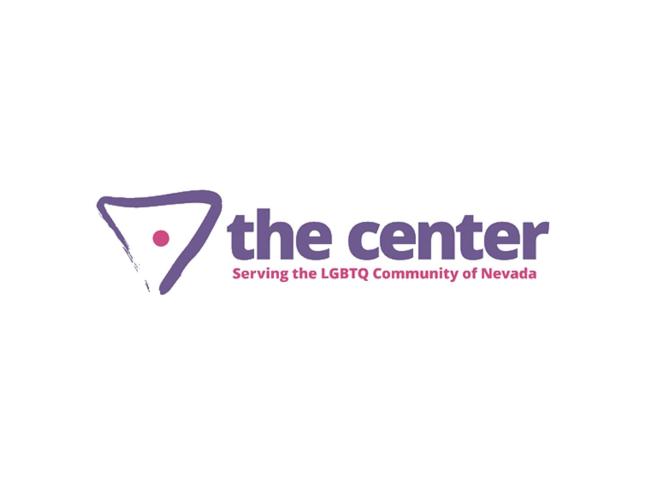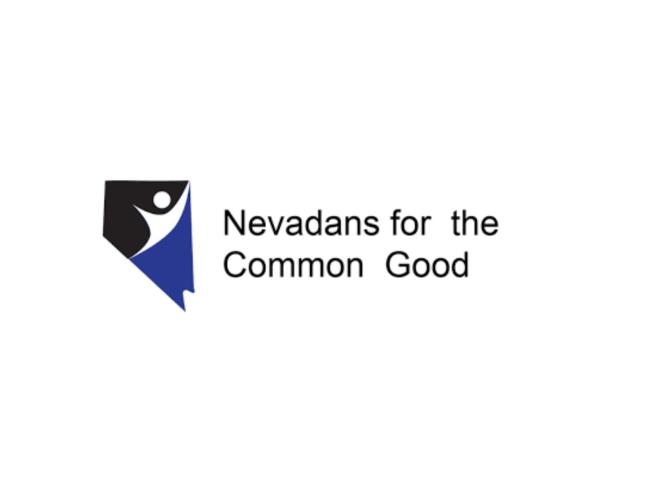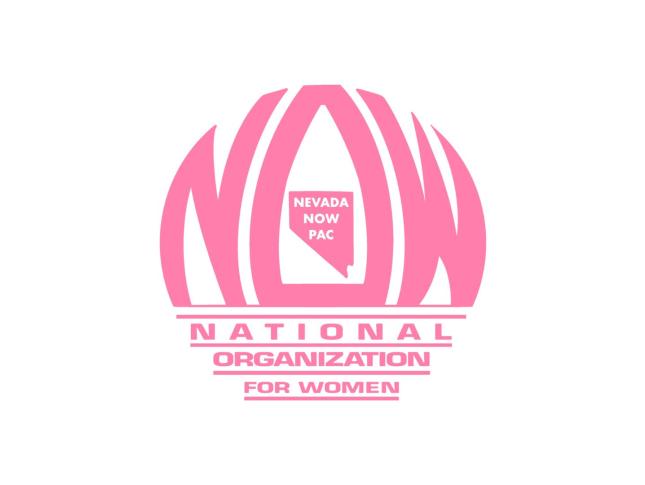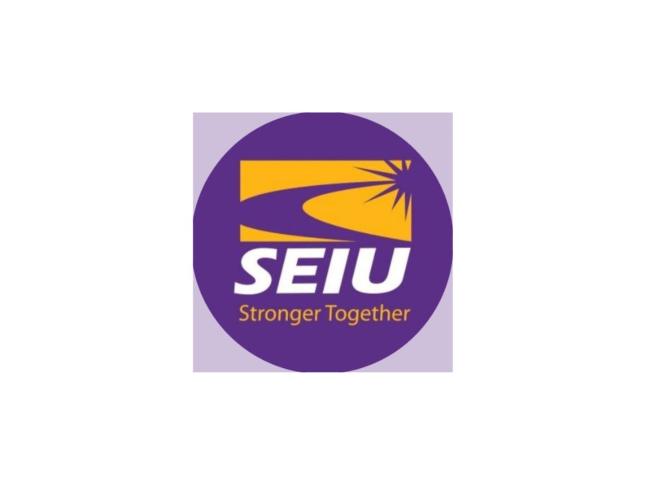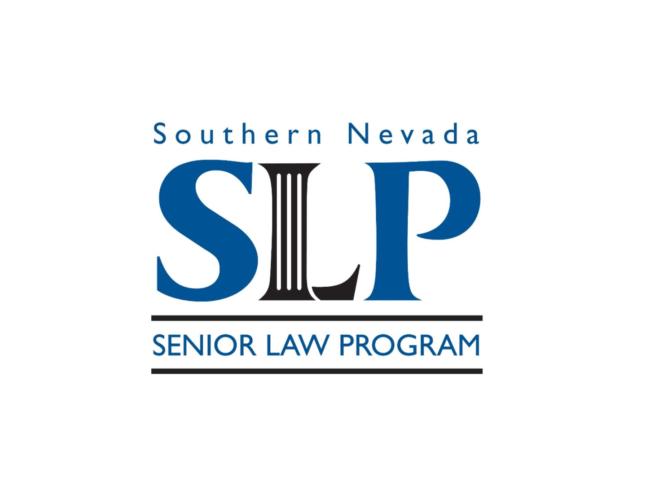Our Mission
The PLPC provides supervised practice opportunities for certified student attorneys to engage in public and public interest lawyering coupled with training in best practices in ethics, communicating with clients and others, community lawyering, law practice management, policy analysis, writing for various legal and policy contexts and audiences, and in-depth training in the soft-skills beneficial to advancing legal and policy goals.
Community Lawyering for the Future
"Thousands of Nevadans do not have what they need when they need it. It is also well known that there are not enough lawyers to address all of those needs in Nevada at this time. This clinic aims to contribute to ameliorating poverty and positioning low-and no-income Nevadans to make the most of opportunities and, at the same time, educate lawyers who can do this work throughout of careers.”
Rachel J. Anderson Professor of Law, Director of Poverty Law & Policy Clinic
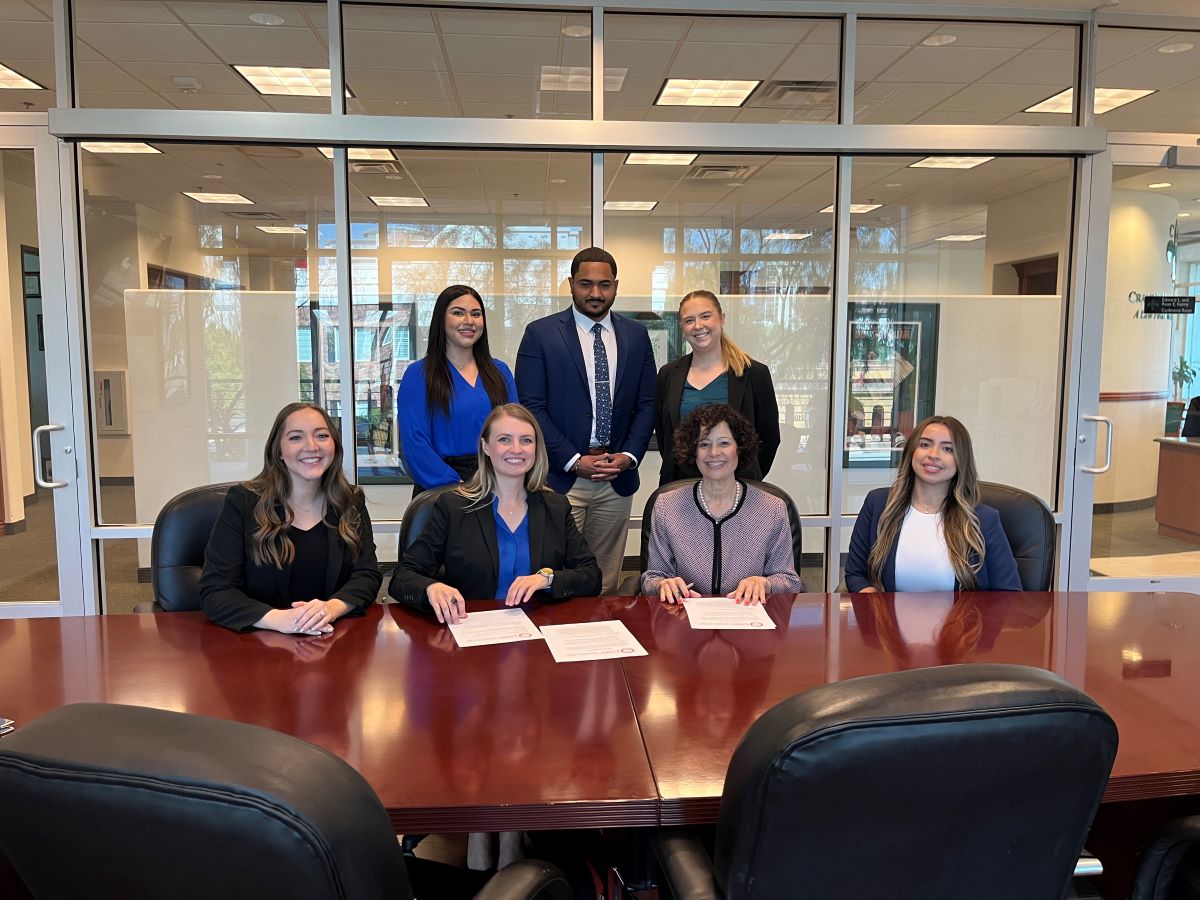
The PLPC engages in projects for Collaboration Partners and independently. PLPC Certified Student Attorneys have:
- A proposed amendment to existing legislation to expand limits on utility shut-offs (Income & Wealth)
- A written comment on the proposed regulations for the Clean Electricity Low-Income Communities Bonus Credit Amount Program under Section 48E(h) of the Internal Revenue Code as part of the federal rulemaking process. (Environment, Tax, Administrative Law)
- Contracts, Collaboration Agreements, Memoranda of Understanding
- Identifying options for long-term leases for low/no-income tenants (Housing)
- Identifying potential amendments to the Instruction Required for Pre- and Post-Licensing of Property Managers Related to Low/No-Income Tenants (Housing)
- Investigating how Nevada’s children with the greatest social and economic needs are impacted by current housing policies. (Housing)
- Examining the viability of federal waivers for recipients of Supplemental Nutrition Assistance Program (“SNAP”) and Special Supplemental Nutrition Program for Women, Infants, and Children (“WIC”) to use government benefits to purchase menstrual products (Health and Mental Health)
- Offering an overview of Nevada’s New Market Tax Credit program and its potential benefit for corporations interested in participating in community development by investing in qualified active low-income community businesses (Income and Wealth)
- Investigating whether disparate traffic fees and fines are excessive under the Eighth and Fourteenth Amendments of the U.S. Constitution (Transportation)
- Discussing Nevada’s Effective Absentee System for Elections (EASE) and its expansion for tribal members who live on reservations or colonies, and the challenges tribes face when utilizing this system (Voting Law; Native Americans)
- Balancing whether Nevada-based employers, Nevada-based private insurance companies, and out-of-state insurance companies are required to provide ‘medically necessary treatment of conditions relating to gender dysphoria and gender incongruence’ in their policy coverage under SB163” (Health and Mental Health)
- Incentivizing the use of services by people who are unhoused without criminalizing or violating their rights (Housing)
- Identifying existing tax credits to incentivize affordable housing (Housing)
- Identifying tax credits that could be adapted to incentivize low/no income housing (Housing)
- Discussing case studies of adaptable tax credits in three other jurisdictions (Housing)
- Federal Waivers & Benefits Programs: Discussing the creation, implementation, requirements, and uses of federal benefits programs (Health and Mental Health, Children)
- Medicaid Reimbursement Rates in Nevada: Identifying barriers and changes (Health and Mental Health)
- Universal School Meals: Analyzing universal school meal policies, considerations on their impact on health promotion, and feasibility of implementing these policies to improve child nutrition (Health and Mental Health, Education, Children)
- Mental Health: Identifying the government leadership structure in states with the best mental health outcomes for children and how Nevada policies compare to the goals set forth in the Department of Justices’ Report. (Health and Mental Health)
- Child Mental Health: Analyzing the nationwide shortage of child mental health providers, exploring how children are accessing care, and highlighting innovative opportunities to improve services. (Health and Mental Health)
- Files of grievants seeking union representation for an arbitration with their employer and identified opportunities to strengthen the files with the goal of increasing the likelihood of grievants successfully gaining representation (Income & Wealth)
- Before the Joint Interim Standing Committee on Growth and Infrastructure proposing a Model Building Benchmarking and Performance Standards Ordinance (Environment)
